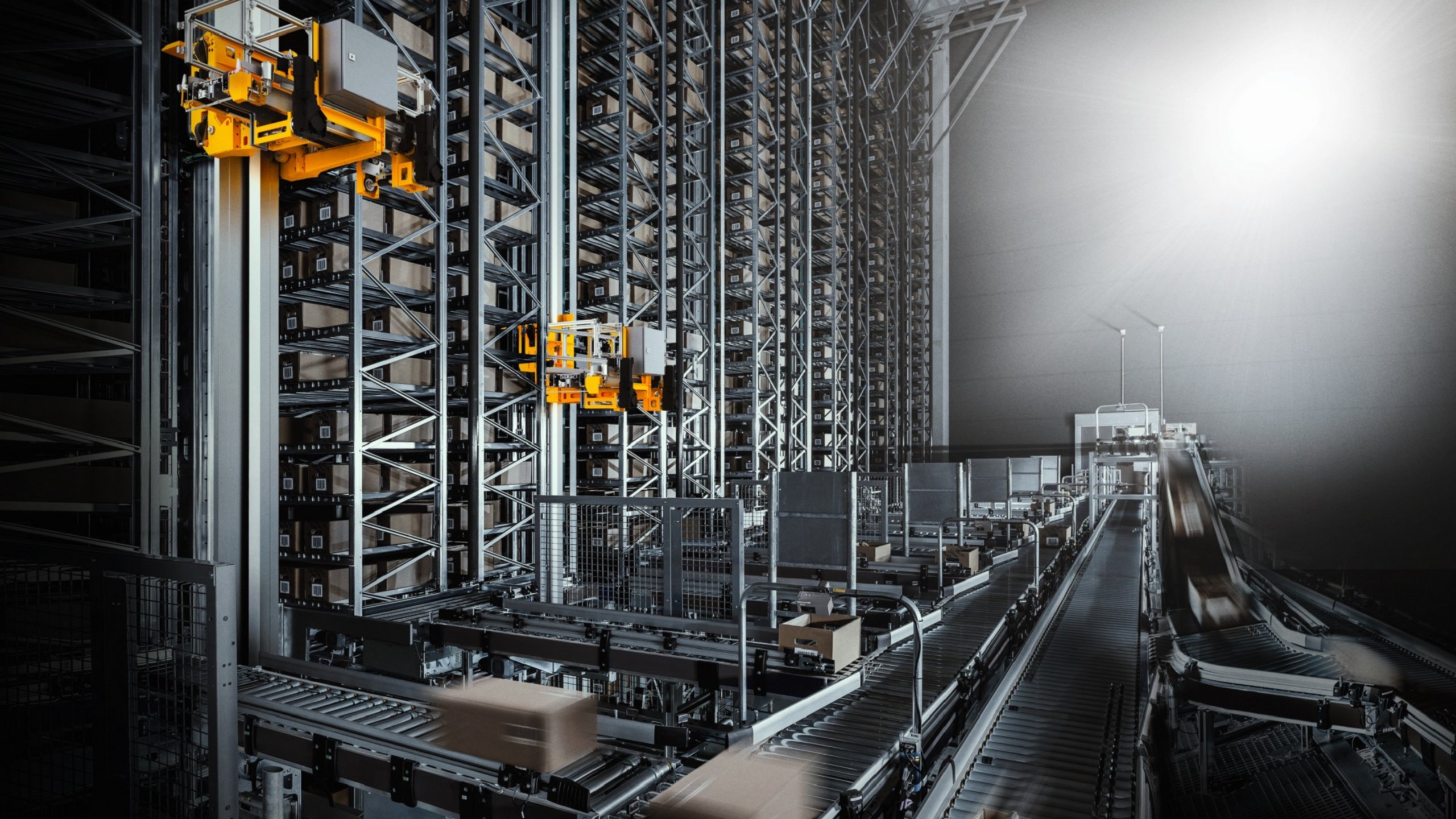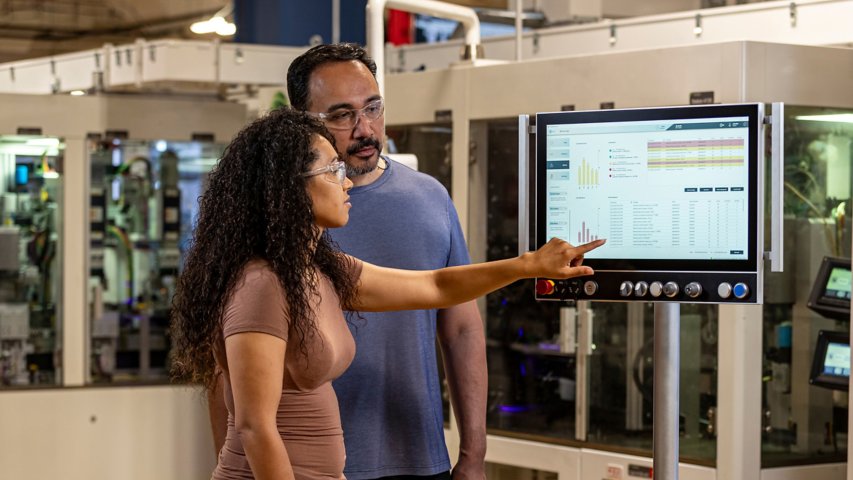As an example, logistics solution provider Jungheinrich in China leveraged Emulate3D to create a digital twin of its production line. With Emulate3D, the company was able to improve efficiency and accuracy of its designs, while reducing cost. This was done by using Emulate3D’s powerful simulation capabilities, building a detailed digital twin that brought to life various application scenarios.
While technology has propelled the manufacturing industry, it cannot function without any supervision. As organizations champion automation for more efficient and better outcomes, one area of manufacturing that has always been crucial is its human resources. Being a highly specialized industry, the skills and knowledge from employees with years of experience cannot be discounted. By equipping employees with advanced tools, manufacturers can enhance productivity to maintain a competitive edge.
Bridging the skills gap and driving efficiencies with automation
For decades, experienced workers have contributed deeply to the industry's success through their hands-on expertise, problem-solving abilities, and knowledge of manufacturing intricacies. While it has worked well, depending on people’s expertise alone can have its repercussions. As experienced workers retire and a new generation of workers take their place, there will be inadequacies in expertise and knowledge across industries and geographies. This rapid generational shift that’s taking place is making manufacturers realize the importance of using technology to empower their workforce and support decision-making. As the industry evolves, the integration of advanced technologies can significantly enhance operational efficiency and productivity.
In the latest State of Smart Manufacturing (SOSM) report which surveyed over 1,500 manufacturers across 17 countries globally, it is stated that 95% of manufacturers are using or evaluating smart manufacturing technology in 2024. The same report shows that technology investments have also increased by 30%, demonstrating that more organizations are looking at ways technology can support their existing workflows and meet employees where they are. Whether it’s filling in the gaps for skilled workers who have reached retirement or supporting plant-level operators with better access to information for quicker decision-making, digital adoption is a way to empower employees by creating better efficiencies that will improve the working environment and deliver better outcomes.
Empowering the workforce with smart manufacturing technologyFrom design to operations and maintenance, businesses can tap on an array of tools to improve production.
Design
Visibility is key to successful implementation. It is common to have multiple designers work simultaneously on the same project, which can make it difficult to track progress. As a result, a lot of time and resources is wasted in duplicated efforts, potentially even hampering progress. Human-machine interface (HMI) software collaboration tools can help solve this challenge by providing comprehensive project visibility, connecting designers with timely information. FactoryTalk® Optix™ is an example of a cloud-enabled HMI software that can test, design, and deploy applications quickly. With software-as-a-service (SaaS)-enabled workflows, teams can collaborate anytime, from anywhere, so that projects keep moving with full transparency.
This is particularly helpful for Original Equipment Manufacturers (OEMs) as they engage with customers, facilitate application building, share and exchange ideas and code snippets, troubleshoot solutions, even run evaluations on a centralized repository. Code modules can simply be dragged and dropped, making it an easy-to-use platform that’s easily accessible.
More recently, the introduction of Emulate3D™ 2024 (V17) lets manufacturers plan, design, and test entire projects in detail before they are even built. With multi-model hyper-scaling, users can experience greater scaling, segmenting larger systems to be reviewed one at a time to allow for more detailed insights. Its performance profiling tool helps businesses pinpoint where potential bottlenecks are, and identify areas for improvement that will save them significant amounts of time and cost. With new and improved robots, frames, and material handling, Emulate3D increases the scope and flexibility of any project.
Operate
In most production plants, every component is connected to another. Therefore, a single malfunction can affect the entire product line. Through its anomaly detection algorithm, FactoryTalk® DataMosaix™ helps identify tools that are worn so that manufacturers can replace them swiftly without interrupting operations. A SaaS application, the software is designed to bring in high volumes of raw data from various sources, contextualize it into a single platform, and make it useful for applications used by operations management teams. Meanwhile, with edge technologies supported by FactoryTalk® InnovationSuite, businesses are equipped with data that will enable quicker and more informed decision making.

Beyond having the right tools and technology, it is just as important to train employees to use these tools effectively.
To support them, businesses need to ensure they provide consistent upskilling and training for new equipment.
Maintain
For successful implementation of technology and a sustainable production line, businesses need to invest in maintenance solutions. Artificial intelligence (AI) can bring value to the production line by adding a layer of protection on top of everyday operations, so that issues are detected in advance to avoid unplanned downtime. AI can also be used to ensure high safety standards by identifying any potential dangers or disruptions. FactoryTalk® Analytics™ GuardianAI™, for example, provides condition-based monitoring of the plant floor, alerting the maintenance team the moment an asset shows signs of degradation.
Manufacturers today have the benefit of leveraging the best of both human and technology. By fitting the pieces of the puzzle together, plant operators can maximize efforts to deliver bigger, better outcomes. Employees too benefit from a more empowered workplace, which will in turn result in innovation as we move into the future of manufacturing.
Find out more about how Rockwell Automation can help empower you and your workforce here.




